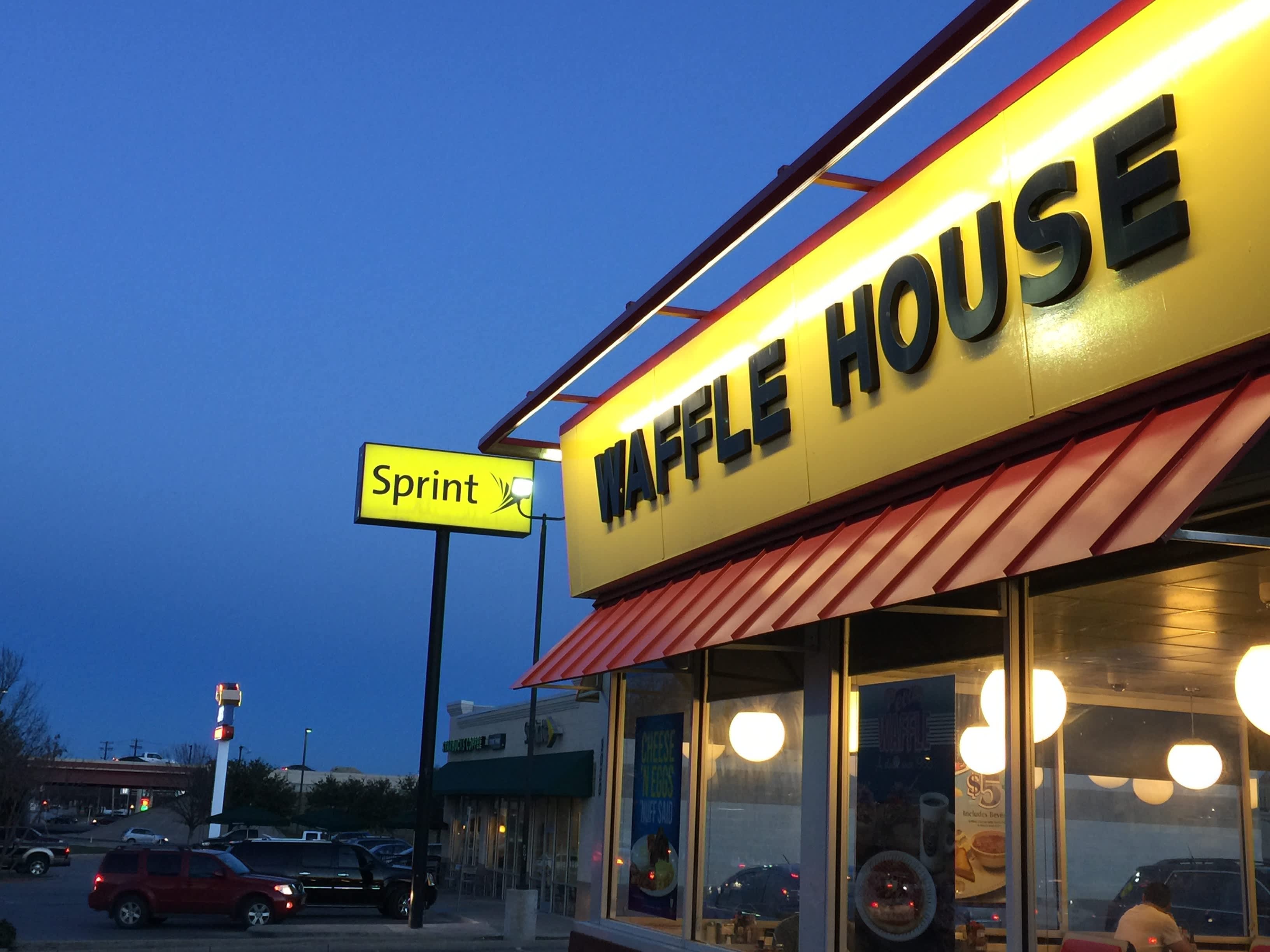EDITOR'S NOTE
Thought of the day: if a giant tidal wave rolled across America and GDP contracted sharply as a result, would you support government relief for businesses? Would you call it a bailout? Is a pandemic any different?
(I asked Dan Mitchell this very question yesterday. You can watch his response here.)
This morning, we got the first read on first-quarter GDP. It shrank at a 4.8% annualized rate, meaning the *actual* decline in the quarter was around 1.2%. Keep this in mind when the second quarter prints at some terrifying -40% number; the actual decline in the quarter is roughly 10%, which is still really bad.
We also learned, in a front-page WSJ story, that "roughly half of [full-time] U.S. workers stand to earn more in unemployment benefits than they did at their jobs before" the pandemic. And it's because of old technology that the government had to settle for a blanket extra $600 in benefits per week, creating all these distortions. As CNBC reported, one nail salon owner who qualified for PPP funds has employees "furious" at her because they wanted to go on unemployment benefits, where they'd earn more, instead.
But stocks are up today on the Gilead news that they've seen improvement in coronavirus patients on 5-day remdesivir treatments. This capping a back-and-forth that began weeks ago with conflicting reports leaked out of various studies in the U.S. and China as to whether remdesivir was saving lives or not. Gilead shares are only up about 3% though, since there will be fuller studies still to come in weeks ahead on just how well remdesivir works versus no treatment.
We also get a Fed meeting today, although no big announcements are expected. The key questions for the Powell press conference at 2:30 p.m. are (a) how much is the Fed willing to buy each month? Rick Rieder thinks up to $200 billion but doubts Powell will be specific yet; (b) to quote Drew Matus, "what level do they want the 10-year yield at?" (we're just above record lows this morning); and (c), my personal question, where is the Main Street lending program and how exactly will it work?
Lots to look forward to, and in the meantime, I'll be researching zucchini plants. Seriously. The last couple times I went to the grocery store, no yellow squash. Yesterday, there was plenty, so I was able to load up on the 3 yellows and 6 zucchini I need for cooking this week. And I wondered if it wouldn't be easier to just grow my own. Turns out zucchini is one of the easiest plants to grow, and now I'm hoping my neighbor can build me a little garden bed.
This is all because of coronavirus. Instead of my last-minute food pickup every day, I've had to come up with a whole new weekly meal planning system. (I call it the "KFMS," the Kelly Food Management System, and it has its own Google Sheet complete with a separate tab to vertically transpose my grocery list in a mobile-friendly way as I follow the arrows around my grocery store. #proud)
Now I'm wondering why I'm buying dozens of jars of baby food each week when I could easily throw a cooked sweet potato or a banana into the blender. Seems obvious, but I couldn't see that when I was racing around in the past, relying day-to-day on the "convenience economy." I see how much simpler and better organized our life can be now, and I doubt I'm the only one realizing all this. I absolutely think there will be lasting changes to shopping and dining habits as a result.
Time to go shape some meatballs for dinner tonight! (That's where the grated squash comes in.)
See you at 1 p.m...
Kelly
KEY STORIES
IN CASE YOU MISSED IT
| ||||||||||||||||||||||||||||||||||||||||||||||||||||||||||||||||||||||||||||||||||||||||||||||||||||||||||||||||||||||||||||||||||||||||||||||||||||||||||||||||||||||||||||||||||||
Rabu, 29 April 2020
The Fed and the food supply
Langganan:
Posting Komentar (Atom)







Tidak ada komentar:
Posting Komentar